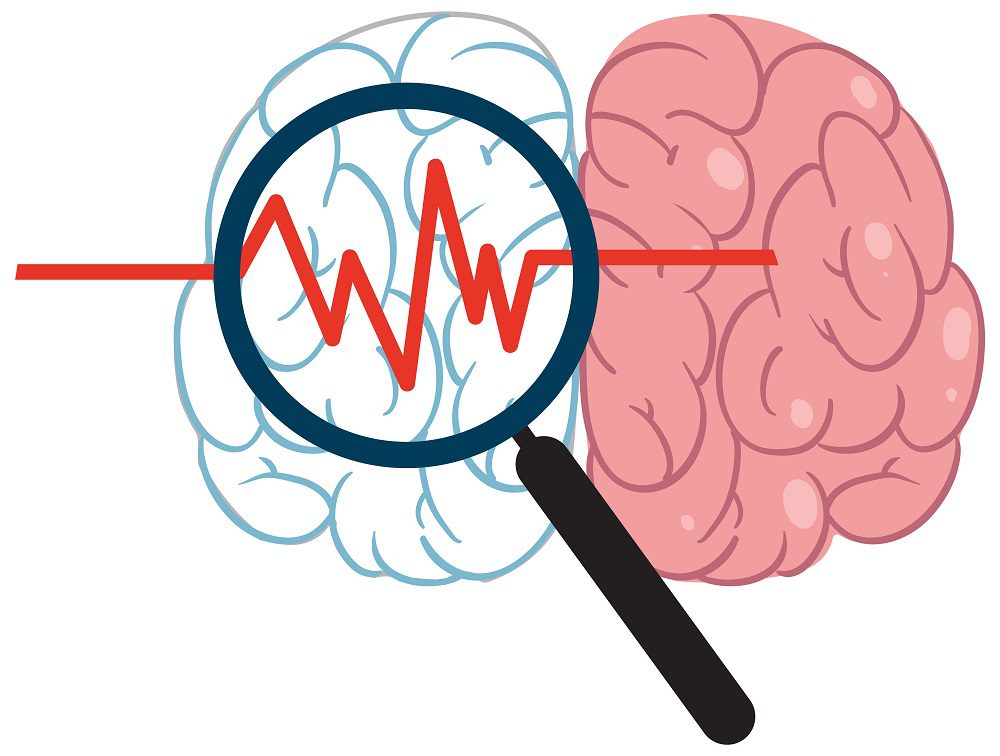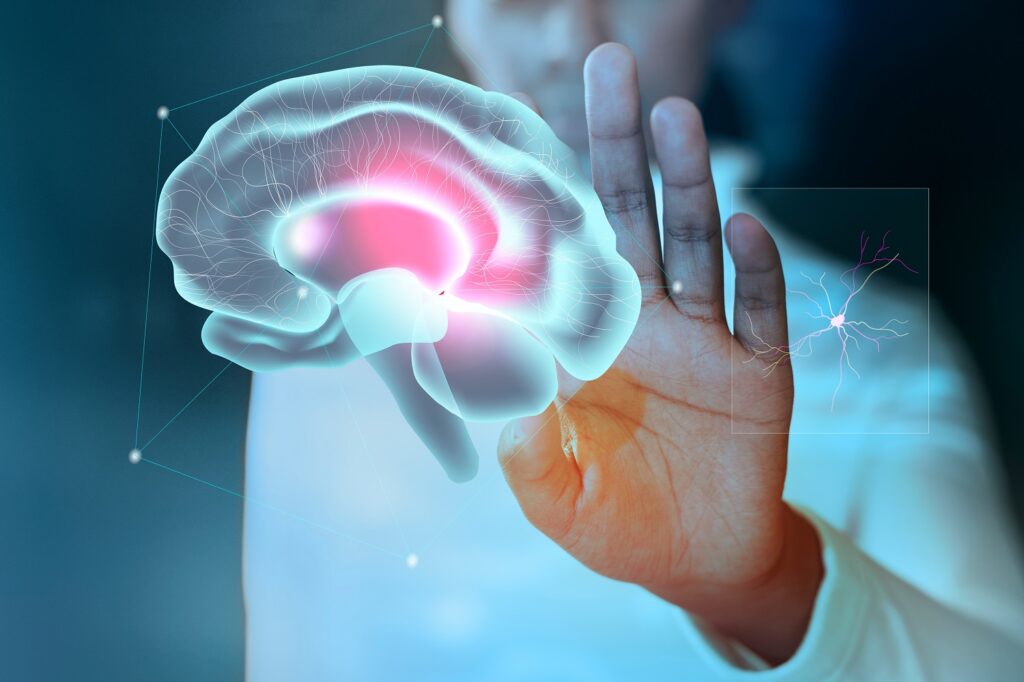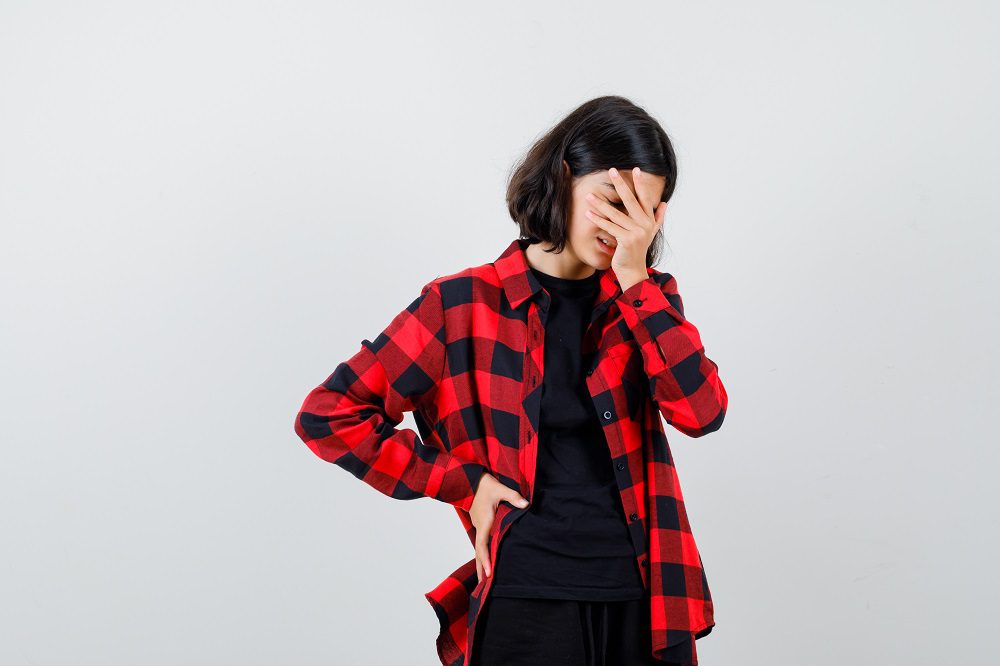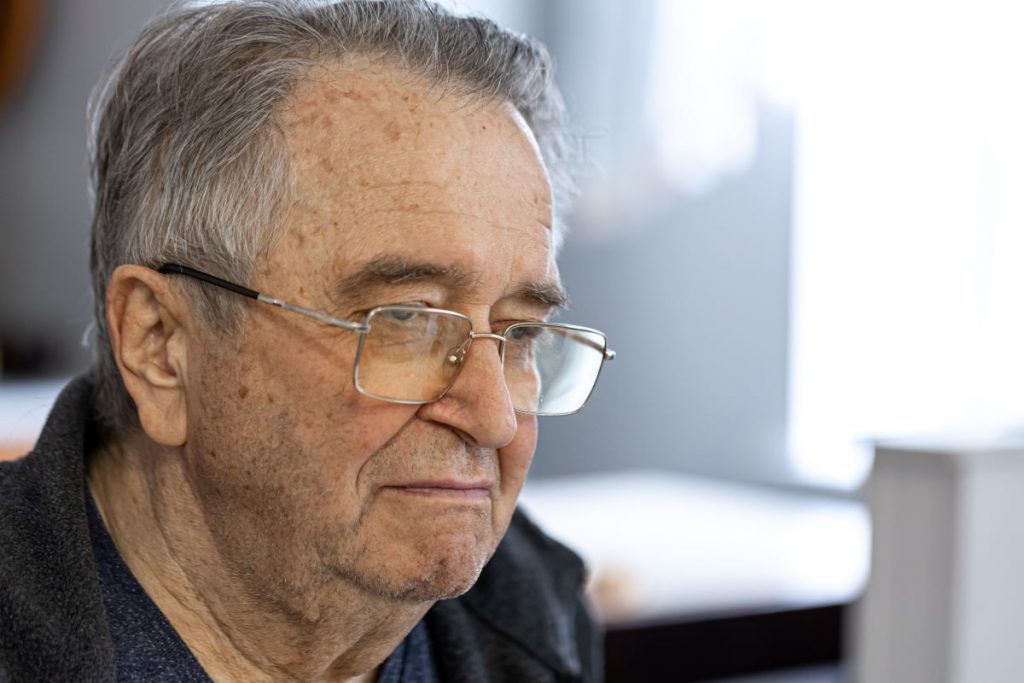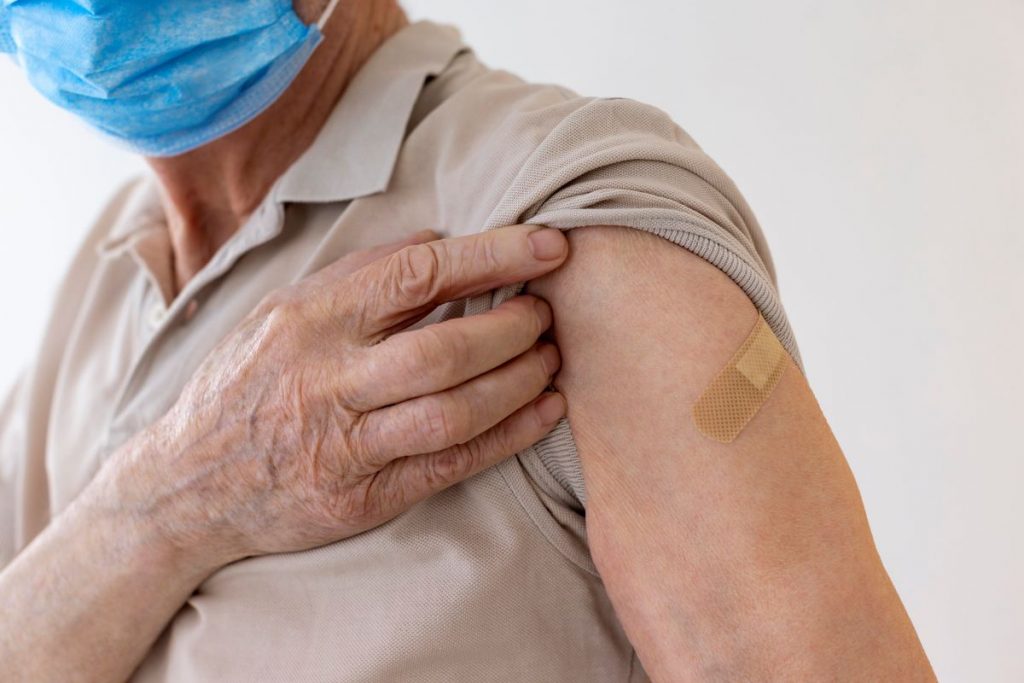Obsessive-compulsive disorder (OCD) is a chronic psychiatric disease characterized by obsessions, compulsions, or both. Obsessions are recurrent, unwanted thoughts, images, impulses, or urges that cause extreme anxiety, like contamination, symmetry, religion, and aggression. The lifetime prevalence of OCD is assessed to be 1.6% to 2.3% in the community, contributing to disability and mortality risk. Genetics plays a role in the prevalence as heritability is known to be 27% to 45% in adults.
The traits of OCD are also commonly observed in 5% of the first-degree relatives of the diagnosed individuals. About 40% of people with obsessive-compulsive disorder do not experience the desired effect after the existing therapy and several side effects were reported. Psilocybin and morphine indicated the most encouraging implications with a reduction in the symptoms of obsessive-compulsive disorder. On the other hand 11.8% of people after administering nicotine and 25.9% of people after the use of cannabis reported worsening of symptoms






